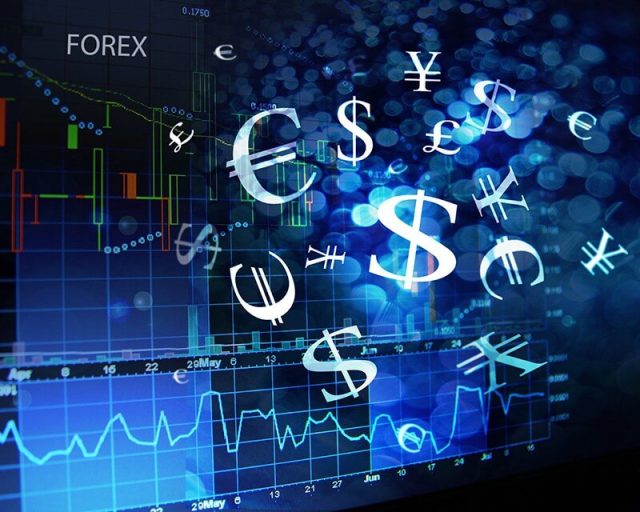In recent years, forex trading has exploded in popularity, driven by expanded access to high-speed internet and the opening of new markets. While this growth has created opportunities for aspiring traders worldwide, it has also opened the door for scammers to exploit the inexperienced. For many newcomers, the lack of knowledge about trading and legal systems unprepared to tackle this growing issue makes them easy targets. If you’re worried about falling victim to forex scams, here’s what you need to know.
Phony Brokers
One of the biggest dangers in emerging markets is the proliferation of unregulated brokers. These phony brokers often operate flashy, professional-looking websites that lure unsuspecting traders into transferring funds. Once the money is deposited, it vanishes, leaving victims with little recourse. Tracking these operators is difficult, and outdated legal frameworks make prosecuting them even harder.
If you’re in a country with lax regulations, your best option is to open an account with a foreign broker that is fully licensed and regulated. This often requires setting up a US dollar bank account, but it’s a small price to pay for greater security.
Fake Investment Funds
Another prevalent scam involves fraudulent investment funds that promise to manage your money for a fee. Some simply disappear with your funds. Others may return small amounts over a few months to gain your trust, only to vanish after you’ve invested a larger sum. In some cases, these funds do trade on your behalf but charge exorbitant fees, leaving you with minimal profits while they pocket the lion’s share.
If you’re not keen on managing trades yourself, consider partnering with trusted friends or colleagues. Avoid entrusting your money to strangers or funds with promises of sky-high returns. Always approach these offers with skepticism, especially when they seem too good to be true.
Signal Sellers
Humans have a natural tendency to look for patterns, even when none exist. This makes many traders susceptible to “signal sellers” who claim to have discovered hidden patterns in the forex market. These individuals or groups promise foolproof trading signals for a fee, but no such system reliably guarantees success.
Legal systems often struggle to prosecute signal sellers because it’s hard to prove they don’t believe in their own methods. Regardless, you should avoid paying for so-called “secrets” or tips that offer no more than a coin-flip’s chance of success. Trust your research and avoid falling for these baseless claims.
How Governments Are Responding
To combat the rise in scams, some governments have opted to ban forex trading entirely or discourage participation until proper regulations are in place. However, forex fraud isn’t limited to developing nations; even countries like the US and Australia experience these issues. Smaller countries, however, are particularly vulnerable due to a lack of public awareness and limited enforcement capabilities.
In the Philippines, for example, the government has issued advisories discouraging citizens from trading. While the legal position of individual traders remains somewhat unclear, authorities are focused on targeting scammers rather than penalizing traders risking only their own money.
Tunisia offers a different approach by legalizing forex trading for banks while working to establish laws and regulations to protect individual traders. This phased strategy allows smaller countries to build experience and better safeguard their citizens over time.
Protecting Yourself
Governments alone cannot eliminate the risks of forex trading scams. As a trader, you must play an active role in protecting yourself. Stay informed about common scams, use regulated brokers, and rely on your common sense. Avoid any offer that seems too good to be true, and remember that there are no shortcuts to success in the forex market. By staying vigilant and cautious, you can minimize your risks and focus on genuine trading opportunities.






